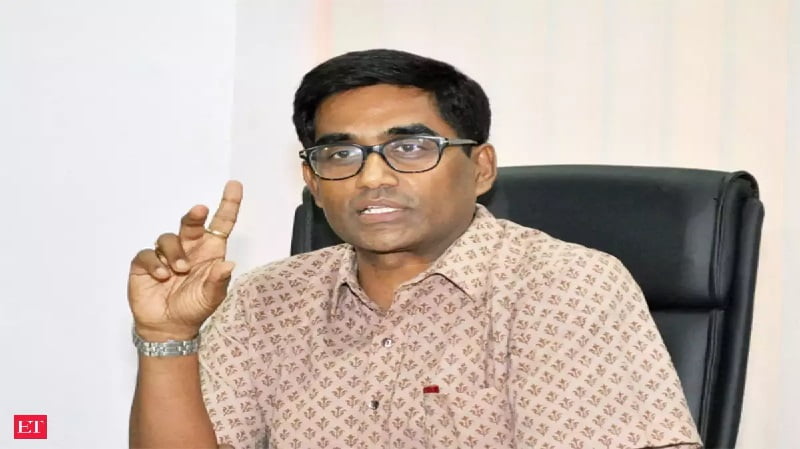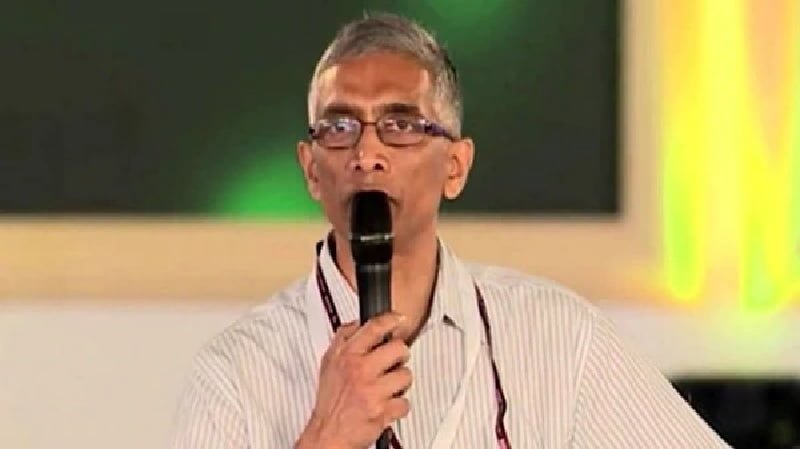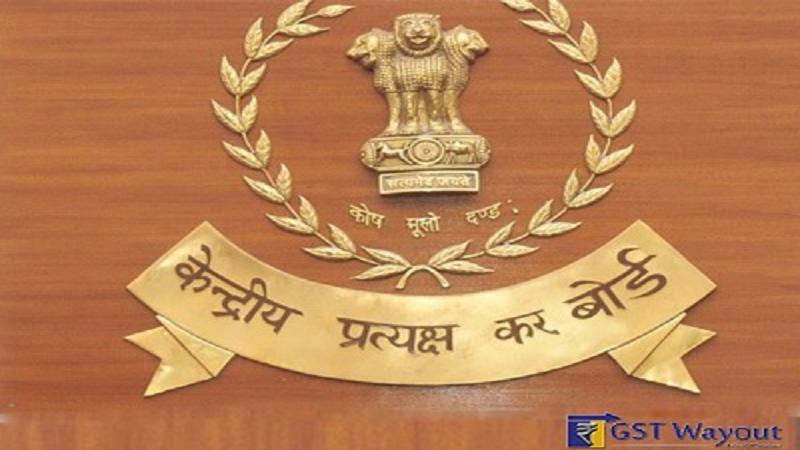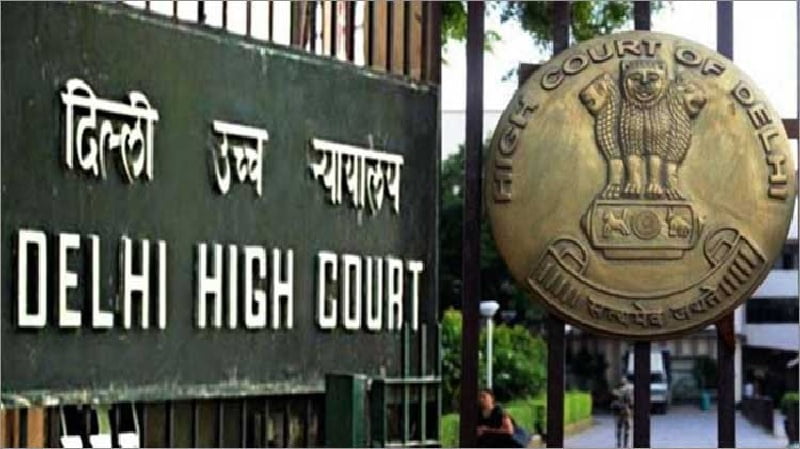The Bihar government on Monday appointed Pratyaya Amrit (IAS:1991:BH) as the principal secretary of state health department. Pratyaya was holding the charge of principal secretary, energy department. He will continue with the additional charge of principal secretary, disaster management as well as chairman-cum-managing director of Bihar State Power (Holding) Company Limited.
Ravindra Pratap Singh appointed as PS to Vice Chairman of NITI Aayog
Ravindra Pratap Singh (IAS:2007:OD) has been appointed as Private Secretary to Dr. Rajiv Kumar , Vice Chairman of NITI Aayog at Deputy Secretary level for a period upto 14.02.2023. Presently, he is working as Deputy Secretary in the Department of Women and Child Development.
Parameswaran lyer quites as Secretary, D/o Drinking Water and Sanitation
The Appointments Committee of the Cabinet on Monday accepted the resignation of Parameswaran lyer (Voluntarily Retired IAS:1981:UP), Secretary, Department of Drinking Water and Sanitation, Ministry of Jal Shakti with effect from 21.08.2020.
IRS officer Priyanka Singh appointed as Director, CVC
Priyanka Singh (IRS-IT:2006) has been selected for appointment as Director in the Central Vigilance Commission, Delhi under the Central Staffing Scheme for a period of five years.
IPS officer Chhaya Sharma appointed as Director, CVC
Chhaya Sharma (IPS:1999:AGMUT) has been selected for appointment as Director in the Central Vigilance Commission, Delhi under the Central Staffing Scheme for a period of upto 26.07.2022 (Combined 7 Years on both Non CSS and CSS posts put together).
S K Gupta re-appointed as Member, CBDT
Satish Kumar Gupta (IRS-IT:1984) has been re-appointed as Member in Central Board of Direct Taxes (CBDT). The Appointments Committee of the Cabinet, headed by Prime Minister Narendra Modi, issued the order approving the re- appointment of the IRS officer of the Income Tax Deprtment cadre.
Cabinet Secretary-led panel to select new RBI deputy governor on August 7
A search panel headed by the cabinet secretary is scheduled to interview shortlisted candidates on August 7 for the post of RBI deputy governor, sources said.
As per the earlier schedule, the interview was to take place on July 23 but was deferred due to some reasons.
The post had fallen vacant after senior-most deputy governor N S Vishwanathan demitted office three months ahead of his extended tenure on March 31 on health grounds after serving the monetary authority for 39 years.
The Financial Sector Regulatory Appointment Search Committee (FSRASC) has a list of eight names who would be interviewed via video conference, the sources said.
The selected name from the interview will be sent to the Appointments Committee of the Cabinet headed by the Prime Minister for final approval, they added.
Besides the cabinet secretary, other members of FSRASC include the RBI Governor, financial services secretary and two independent members.
This vacancy of RBI deputy governor has been reserved for the central bank’s internal candidate, who would look after the key supervisory and regulatory functions at the Mint Road.
As per the RBI Act, the central bank should have four deputy governors — two from within the ranks, one commercial banker and another an economist to head the monetary policy department.
At present, the RBI has three deputy governors — B P Kanungo, M K Jain and Michael Debabrata Patra.
Earlier this year, the government extended Kanungo’s tenure by a year with effect from April 3, 2020.
Kanungo, whose term was to end on April 2, had taken charge as a deputy governor in April 2017.
The deputy governor appointments are made for an initial period of three years and the person is eligible for reappointment. The deputy governor gets a fixed salary of Rs 2.25 lakh per month plus allowances. (PTI)
RBI’s rate-setting panel set for ‘overhaul’
(Bloomberg) : India’s central bank will soon have a new group of policy makers setting interest rates and possibly a change to its mandate too.
The six-member Monetary Policy Committee will have four new faces this year: the terms of three independent people on the panel expire at the end of next month and one internal member retired in June. In addition, the inflation-targeting framework is already under review before the current five-year mandate ends next year.
The overhaul comes at a time of heightened uncertainty in India, where the coronavirus has infected more than 1 million people and the economy is heading toward its biggest contraction in four decades. With the Reserve Bank of India taking on the bulk of the stimulus burden in the absence of more stronger fiscal support, market participants are wary of any sharp shifts in policy stance.
Shilan Shah, a senior economist at Capital Economics Ltd. in Singapore, said he doesn’t see a risk of that happening.
MPC reconstitution
In theory, it could be an issue as markets will be looking for as much stability as possible during these uncertain times, he said. In practice though, a re-constitution of the MPC is unlikely to make any meaningful difference. The MPC typically follows the lead of the governor,
he said.
Governor Shaktikanta Das has led the committee in cutting interest rates by 115 basis points this year, and has signalled that policy will remain loose to support the economy.
A selection panel — which includes Das and Economic Affairs Secretary Tarun Bajaj — has been formed to pick the three new external MPC members to replace Chetan Ghate, Ravindra Dholakia and Pami Dua. The law says they’re not eligible for re-appointment, but the RBI had earlier written to the Finance Ministry seeking an extension of their four-year terms until March.
The other MPC member who will be replaced is Janak Raj, an executive director at the RBI, who retired last month.
Amol Agrawal, an assistant professor in the department of economics and public policy at Ahmedabad University, said “he’s generally not in favour of reappointing the policy makers, but given the times, we might wish for some continuity.”
The review of the inflation-targeting mechanism may also bring changes to the monetary policy mandate, which was set in 2016 and requires the RBI to keep inflation at the 4 per cent midpoint of a 2-6 per cent range. Economists like Bloomberg Economics Abhishek Gupta have argued that the headline inflation measure used in the current framework is too volatile and the RBI should rather target core prices, which strips out oil and food costs.
“I would even recommend a nominal growth target which is more appropriate for a country like India that is prone to supply shocks,” said Rudra Sensarma, a professor of economics at the Indian Institute of Management, Kozhikode.
Indian Railways to auction dedicated freight corridors to private players: Report
Indian Railways is planning to run private freight trains along dedicated corridors. This comes even as it is gearing up for private passenger trains, a process delayed due to the coronavirus pandemic.
The aim is to begin privatising freight trains when the first batch of private passenger trains begins operation in 2023. Currently, among freight trains, only private container trains have been allowed to operate in India in limited capacity since 2006.
Confirming the development, Railway Board Chairman VK Yadav said that private operators will be brought in once DFCs are ready. Deadline for completion of DFCs is June 2022.
On the routes likely to be auctioned to private players, Anurag Sachan, Managing Director, DFC Corporation of India (DFCCIL) said they would engage first in the 650 km stretch between Palanpur (Gujarat) and Rewari (Haryana). This stretch will be operational this fiscal, he added.
Delhi HC fines Bengal govt. for failing to relieve IPS officer
The Delhi High Court has imposed a cost of ₹20,000 on the West Bengal government for not relieving an IPS officer of the State cadre, for nearly three years since the Centre notified her cadre transfer from West Bengal to Odisha.
The High Court gave the order on a plea by a West Bengal cadre IPS officer of 2013 batch Ms. Loganayagi Divya V.
Ms. Divya, that after she married an IPS office of Odisha cadre, the Home Ministry on her representation, had on September 12, 2017, issued a notification for change of her cadre from West Bengal to Odisha.
She said more than two years have elapsed, but she was not being relieved by the West Bengal government.
“This shows complete apathy on the part of the State of West Bengal — which cannot be countenanced,” the High Court said.
“We declare that the petitioner [Ms. Divya] stands forthwith relieved from her post in the IPS cadre of the State of West Bengal. No further orders would be required to be passed by the State of West Bengal in this regard,” the High Court ordered.




















